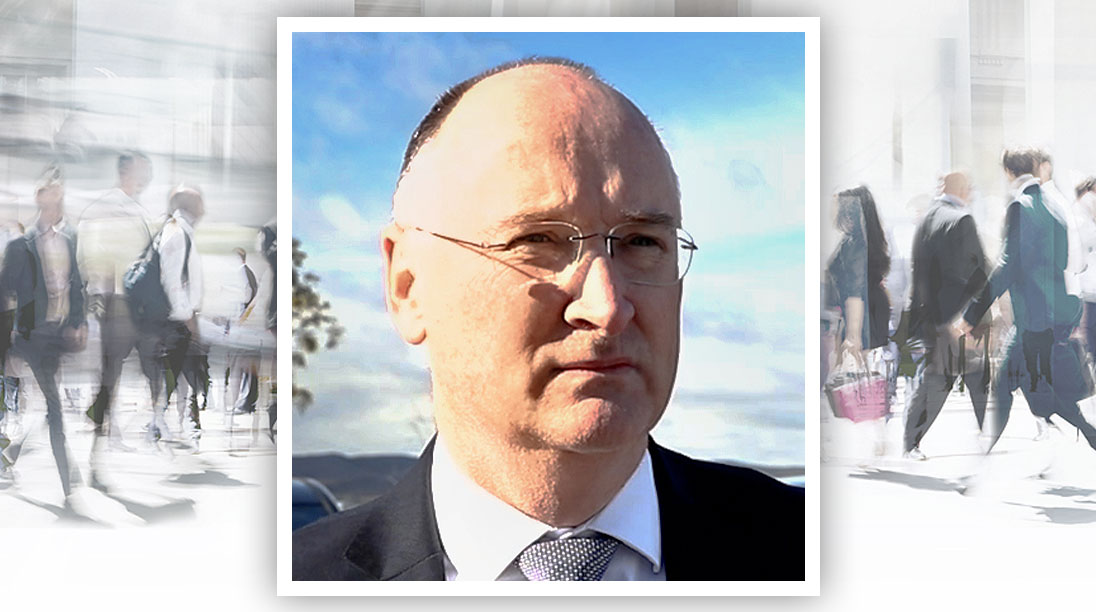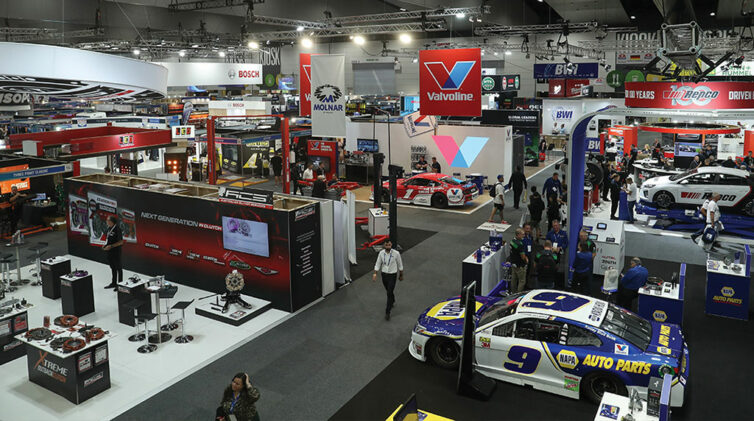The nation’s new-car representative body, the Federal Chamber of Automotive Industries (FCAI), has produced a discussion paper that shows how the existing tax system no longer fits with how Australians use mobility services.
Its discussion paper seeks to implement a uniform, simplified road user charge system that has the potential to eliminate charges including vehicle registration, sales tax, luxury car and luxury sales tax and replace them with one charge.
This charge could integrate with individual vehicle connected services systems, specifically the subscriber identity module (SIM).
FCAI chief executive Tony Weber said: “An efficient road user charging scheme can address all vehicle users regardless of the type of vehicle they drive, how often it is driven and the purpose of the travel.
“For example, it could be based on vehicle mass, distance travelled, time of travel or a combination of factors.
“Comprehensive reform of this kind may take some years to fully implement. However, we should engage on this topic just as other countries are beginning to do now. The key outcome will be a national approach for all Australians.”
The road user charge system is used in other parts of the world but tends to be used in selected vehicles and fuels, such as the user charge on diesel fuel in New Zealand.

Tony Weber
The US state of California recently started a pilot program with 150 volunteers to test a road-user charge system.
EV Council CEO Behyad Jafari said road-user charging was an idea that has been promoted for some time because the existing tax system is inefficient.
He said people were aware that now was a very expensive time to drive.
“Why not shift your driving habits and save money. This is the dream of having a road user charge so you can adapt your driving needs to suit your timetable and your budget,” he said.
“Through a road-user charge, we can encourage people who live close to the city to avoid the extra cost of commuting by car and instead offer public transport.
“We can also make it cheaper for people who live outside the city to get to work by charging them a smaller road-user fee.
“It also includes looking at peak-hour traffic and perhaps making some people work different hours to reduce the road congestion. For those who need, or prefer to travel in peak hour, they may be charged more in road-user tax.”
Mr Jafari said the FCAI approach – and the one announced by the NSW government involving assistance for EV owners as opposed to Victoria’s plan for a new tax – can make for smarter road-use programs “that are not just about the government collecting money, like the case in Victoria.”
“It’s about using the roads we have more efficiently,” he said.
“Victoria has been heavily criticised because it started out with a stand-alone approach of just adding a new tax.
“It didn’t think about road use, or about overhauling the existing tax system, rather it showed everyone that it is about more money for the government.”
Mr Jafari said that in the US there are programs around road user charging.
“In California, eight per cent of new cars sold are electric (Australia is 0.7 per cent) and it is now trialling a road user charge system,” he said.
“They’re trying to get this right. The FCAI is correct in that this transition is very complex with a lot of moving parts and it has to be done right.
“That is why places like California and other parts of the world have started trials to test the proposal.”

Mr Jafari’s comments on vehicle charges coincided with the NSW transport minister Andrew Constance announcing it should not introduce a special EV levy until electric vehicles made up 40 to 50 per cent of the car market.
“We will be judged… [on who] scales up EVs and improves our air quality and our public health and at the same time delivers for our environment.” he said.
Mr Constance also proposed waiving stamp duty, access to transit lanes, and subsidised parking for electric cars.
Mr Jafari said Mr Constance was absolutely right and NSW had a historic opportunity.
“At this point in time the public interest is going to be much better served by rapid electric vehicle uptake than by skimming a little extra tax from the few EVs that are already registered,” Mr Jafari said.
“The transition to electric cars will clean our streets of exhaust and noise, lowering health costs, reducing carbon emissions, and helping break the state’s dependence on foreign oil. This will represent billions of dollars in economic benefit.
“There’s a great opportunity for New South Wales to have it all here. Well-targeted subsidies now, as seen elsewhere across the globe, would create a boom in EV sales.
“Then, once the state starts capturing the benefits from fleet electrification, that would be the perfect time to start introducing smart road user charges.”
By Neil Dowling












 Read More: Related articles
Read More: Related articles

